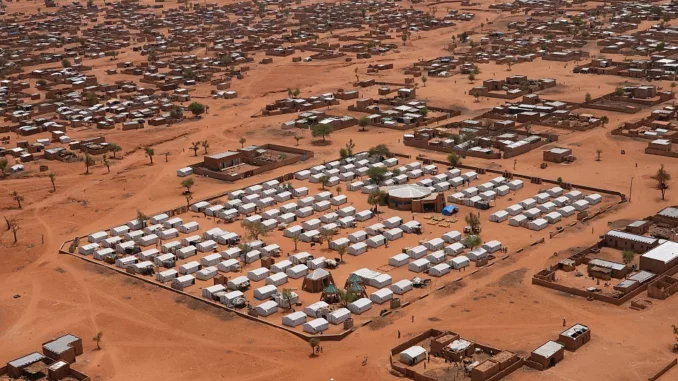
Burkina Faso is once again reeling under a wave of orchestrated terrorist violence, with the northern town of Djibo enduring a particularly brutal assault.
In the early hours of 11 May, fighters affiliated with the al-Qaeda-linked Group for the Support of Islam and Muslims (JNIM) launched a fierce offensive on the Djibo military camp, holding their position for most of the day. The intensity of the confrontation left multiple casualties among civilians and soldiers, as insurgents seized and pillaged the camp, destroying aircraft and other military assets in a calculated show of dominance.
The carnage was not confined to Djibo. Simultaneous attacks were reported in other localities including Sabcé, Sollé, Boko, and Yondé, where police stations were overrun, businesses razed, and chaos instilled. Although official casualty figures remain unverified, local accounts point to a grim toll in human lives and widespread destruction of infrastructure. The coordinated nature and geographical spread of the violence underscore a deepening crisis that continues to challenge state authority across Burkina Faso.
These brazen attacks came on the heels of President Ibrahim Traoré’s return from Moscow, where he had met Russian President Vladimir Putin to discuss military and diplomatic cooperation. The stark contrast between diplomatic engagements abroad and the security vacuum at home raises urgent questions about the state’s capacity to shield its citizens from insurgent threats. As Burkina Faso confronts an emboldened jihadist insurgency, the need for a robust, unified, and strategic national response has never been more critical.
